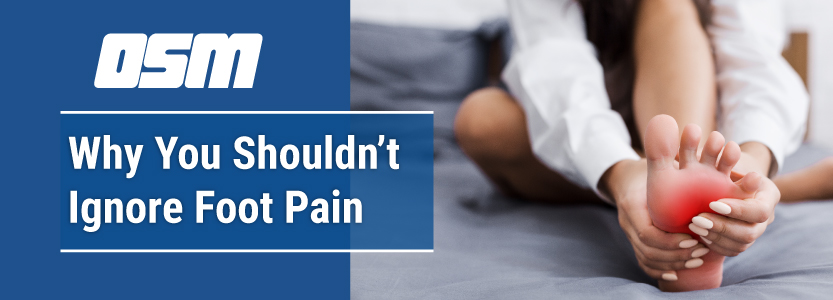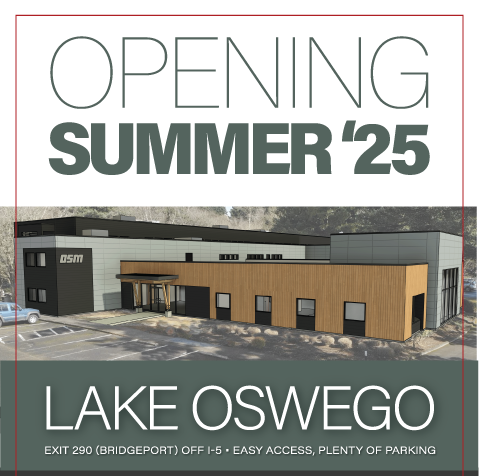Article featured on Mass General BrighamAthletes generally don’t hesitate to seek medical attention for acute (sudden) foot injuries. But it may be tempting to ignore pain that lingers or pain that comes and goes. This type of chronic pain often occurs with overuse.
Persistent foot pain or pain accompanied by certain other symptoms should be assessed by a specialist.
Foot pain causes
Overuse foot pain can occur in a wide variety of sports, particularly those that involve a lot of running. The most common overuse injuries in the foot are:
- Achilles tendonitis: The Achilles tendon connects the calf muscle to the heel bone. Tendonitis is a common condition that involves irritation and inflammation of a tendon. Untreated, Achilles tendonitis can lead to a tendon tear or rupture.
- Morton’s neuroma: Also called intermetatarsal neuroma, this condition affects the ball of the foot. The nerve tissue thickens, causing pain in that specific area. It may feel like burning, tingling, or like you’re walking on a pebble.
- Plantar fasciitis: This condition happens when the plantar fascia, a band of tissue that supports the arch of your foot, becomes inflamed. Also called plantar heel, it causes heel pain and stiffness.
- Sever’s disease: This condition involves inflammation in the growth plate in the back of the heel. It is a common cause of heel pain, particularly in children who play sports or exercise regularly.
- Stress fracture: A stress fracture is a small crack in a bone. It occurs when too much repetitive pressure is put on a bone over time. Stress fractures can become full fractures if they are not allowed to heal.
- Tarsal tunnel syndrome: This condition involves the posterior tibial nerve, located on the inside of the ankle. If the nerve is compressed (squeezed), it can cause painful feelings like electrical shocks in your ankle and foot.
Early treatment for better outcomes
Some athletes hesitate to seek treatment because they don’t want to hear that they need a procedure or rest. An overuse injury can get worse over time and eventually prevent you from participating in the things you love.
Nobody wants to sideline you from your sport. But a quick checkup on an injury can often prevent you from missing months of your sport, instead of just missing a week or two for rest.
Many overuse injuries can be treated with short-term, non-surgical approaches, such as:
- Activity modifications or a few weeks of rest
- Advice on how to minimize risk factors for foot and ankle pain
- Cast or boot rather than surgery
- Cross-training, such as limiting high-impact movements to a few days a week and adding effective low-impact options
- Corrections to form, such as adjustments to the way you jump or run
- Physical therapy or nutrition counseling for musculoskeletal health
- Proper footwear, such as a different shoe or a corrective insert
The Orthopedic & Sports Medicine Center of Oregon is an award-winning, board-certified orthopedic group located in downtown Portland Oregon. We utilize both surgical and nonsurgical means to treat musculoskeletal trauma, spine diseases, foot and ankle conditions, sports injuries, degenerative diseases, infections, tumors and congenital disorders.
Our mission is to return our patients back to pain-free mobility and full strength as quickly and painlessly as possible using both surgical and non-surgical orthopedic procedures.
Our expert physicians provide leading-edge, comprehensive care in the diagnosis and treatment of orthopedic conditions, including total joint replacement and sports medicine. We apply the latest state-of-the-art techniques in order to return our patients to their active lifestyle.
If you’re looking for compassionate, expert orthopedic and podiatric surgeons in Portland Oregon, contact OSM today.
Phone:
503-224-8399
Address
1515 NW 18th Ave, 3rd Floor
Portland, OR 97209
Hours
Monday–Friday
8:00am – 4:30pm




